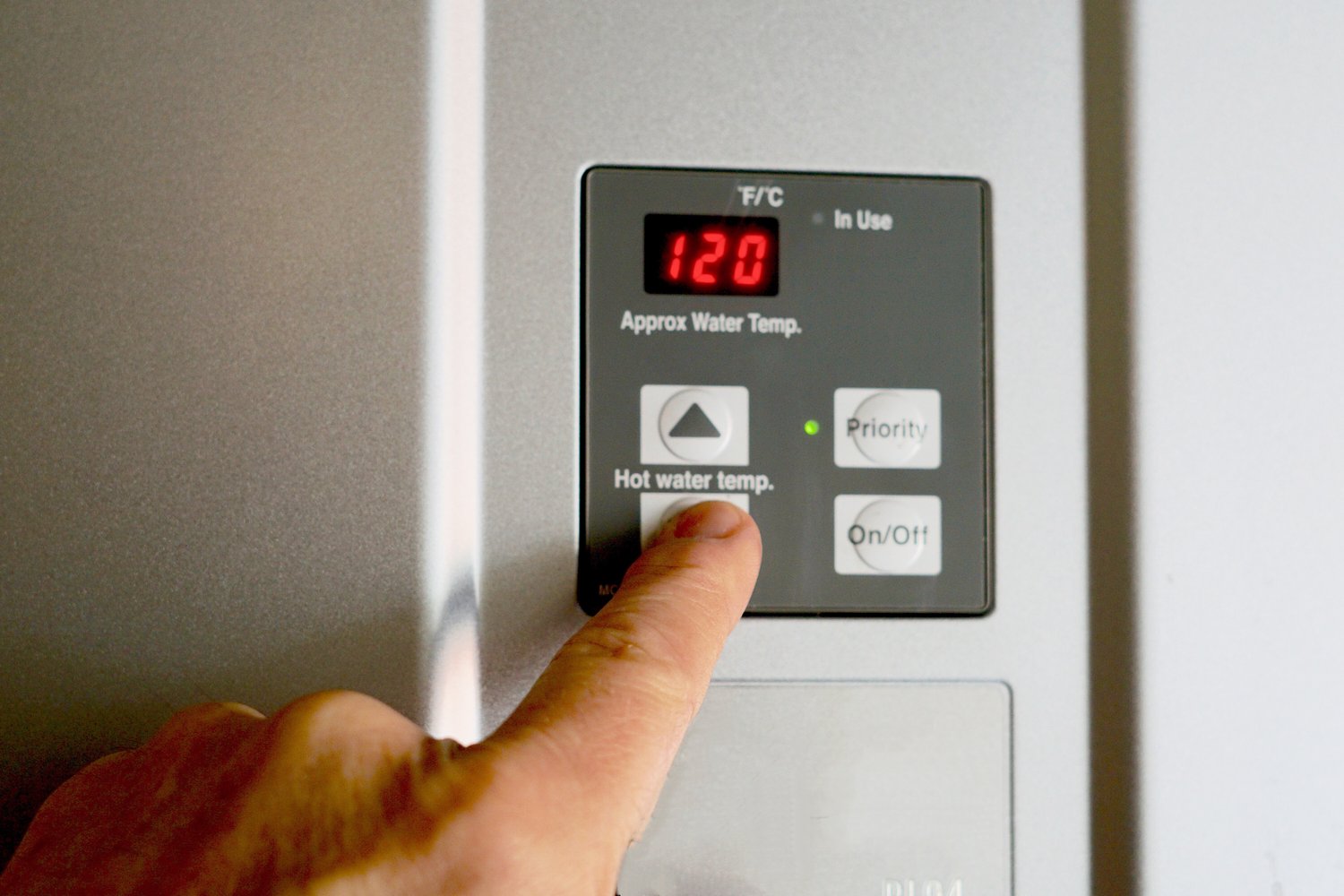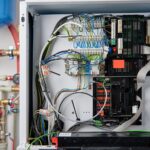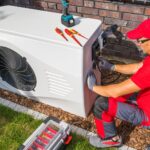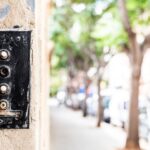In the modern quest for energy efficiency, tackling timer malfunctions in your home water heater can make a significant difference. Malfunctioning programming and switches can lead to skyrocketing energy bills and considerable inefficiencies. So, what happens when these tiny yet crucial components begin to fail, and more importantly, how can you swiftly address these issues?
- Discover how water heater timers function and their impact on home energy management.
- Uncover the common programming pitfalls that lead to inefficient operation and how to fix them.
- Learn effective troubleshooting techniques for switch malfunctions that could be affecting your water heater’s performance.
By diving into these insights, you can arm yourself with the knowledge to maintain not just your water heater’s functionality but also improve your home’s overall energy efficiency.
Understanding Home Water Heater Timer Malfunction: Programming and Switch Solutions
Water heater timers are vital components in residential electrical systems that help optimize energy usage. These timers ensure that your heater operates only during specified times, reducing unnecessary electricity consumption. However, when a malfunction occurs in the programming or switch, it can lead to increased energy costs and inefficient heating. Such issues can disrupt the balance of energy efficiency that homeowners strive to maintain.
Understanding how water heater timers work is crucial. These devices allow setting specific time intervals for the heater to operate, ensuring that hot water is available when needed while conserving energy when it’s not. This efficiency is part of a broader energy management strategy employed in modern homes.
Common issues that arise with water heater timers include incorrect time settings and timer failures, which can lead to the heater either running constantly, wasting energy, or not running at all, leaving you without hot water. These malfunctions can significantly impact your home’s energy management, leading to unexpected utility bills and discomfort due to inadequate hot water supply.
Identifying Programming Issues in Water Heater Timers
Programming issues are often at the heart of water heater timer malfunctions and can manifest in various ways. Misconfigured settings are a common culprit, where incorrect timer schedules lead to heating during unnecessary periods. This not only wastes energy but also shortens the water heater’s lifespan due to frequent on-off cycles.
Another issue lies in outdated software, especially in digital timers. Regular updates are essential to ensure that your device functions correctly and efficiently aligns with your home’s energy needs. Lacking these updates can cause glitches that affect the timer’s performance.
Improper installation is another factor that can cause programming issues. It’s important that water heater timers are installed correctly from the start. Errors in installation can cause misalignment between the timer settings and the actual operation of the heater, leading to operational inefficiencies.
To rectify these issues, ensure that your timer is properly configured following the manufacturer’s instructions. Check for and install any available software updates to keep your device up-to-date. If installation errors are present, consider consulting a professional electrician to verify that everything is correctly set up.
By addressing these programming issues promptly, you can optimize the operation of your water heater timer and maintain an energy-efficient home environment.
Troubleshooting Switch Solutions for Home Water Heater Timer Malfunctions
Switch malfunctions in home water heater timers can pose significant challenges for homeowners. These issues often result in the water heater experiencing either nonstop heating or failing to initiate heating altogether. Such disruptions can lead to excessive energy bills and inconsistent hot water availability, impacting your home’s daily comfort and efficiency.
When addressing switch problems, the primary step involves diagnosing the fault to understand its nature. Begin by checking the timer switch for any visible signs of damage or wear. If the switch appears physically compromised, replacing it might be the most straightforward solution. This ensures that the system hardware is not the cause of the malfunction.
If the switch looks intact, consider examining the electrical connections. Loose or corroded connections can often impede the switch’s proper operation. Tightening these connections and cleaning off any debris or corrosion can restore the efficiency of the timer. For embedded timers, it’s crucial to ensure the wiring system is correctly configured according to the manufacturer’s specifications.
Additionally, be sure to verify that the switch settings are correct. Sometimes, incorrect or accidentally altered settings lead to switch failures. Cross-check the settings with the manufacturer’s manual to ensure they are aligned for optimal performance. It can be helpful to reset the switch and reprogram it, following the step-by-step instructions provided in the manual to regain standard functionalities.
For persistent issues, consider consulting professional troubleshooting guides or reaching out to an electrician. A certified technician can offer expert water heater repair solutions if the problem involves more complex electrical systems that require professional assessment.
Regular maintenance, including routine checks of all system components, can substantially reduce the likelihood of switch malfunctions and maintain energy-efficient operation. By being proactive in addressing potential problems, you can ensure that your water heater timer functions reliably, leading to more regulated energy consumption and minimized utility expenses.
Frequently Asked Questions About Water Heater Timer Malfunctions
What is a water heater timer?
Water heater timers are devices that control the on/off timing of an electric water heater to save energy.
How does a malfunctioning timer impact energy efficiency?
A malfunctioning timer can cause the heater to run continuously or not at all, leading to higher energy bills or inadequate heating.
What are common signs of programming issues?
- Erratic scheduling
- Timer not turning on/off as expected
- Settings are frequently reset
How can I fix programming issues with my water heater timer?
Ensure correct settings, update software if applicable, and verify proper installation.
What should I do if the switch on my timer is faulty?
Check for loose connections, ensure the switch is not worn out, and replace it if necessary.
How often should I maintain my water heater timer?
Perform a checkup at least once a year to ensure it functions correctly and efficiently.





